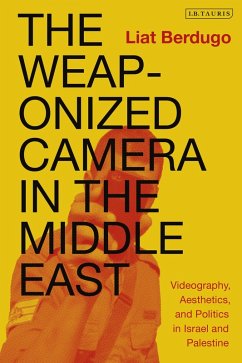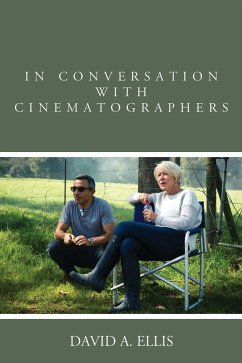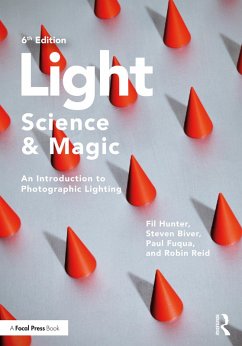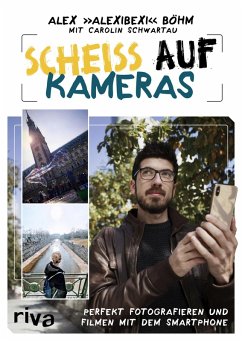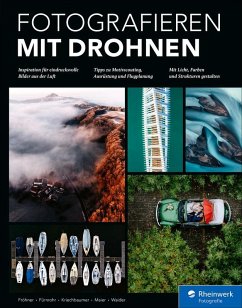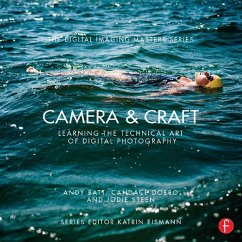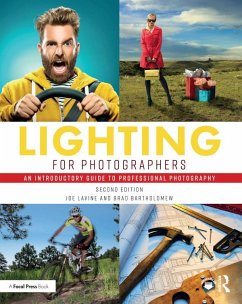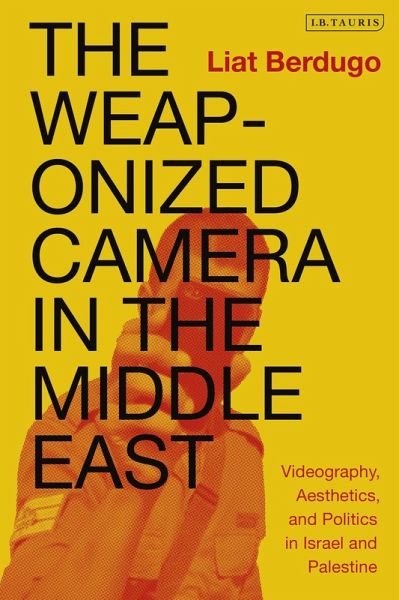
The Weaponized Camera in the Middle East (eBook, PDF)
Videography, Aesthetics, and Politics in Israel and Palestine

PAYBACK Punkte
11 °P sammeln!
Drawing on unprecedented access to the video archives of B'Tselem, an Israeli NGO that distributes cameras to Palestinians living in the West Bank, East Jerusalem, and the Gaza Strip, Liat Berdugo lays out an argument for a visual studies approach to videographic evidence in Israel/Palestine. Using video stills as core material, it discusses the politics of videographic evidence in Israel/Palestine by demonstrating that the conflict is one that has produced an inequality of visual rights. The book highlights visual surveillance and counter surveillance at the citizen level, how Palestinians or...
Drawing on unprecedented access to the video archives of B'Tselem, an Israeli NGO that distributes cameras to Palestinians living in the West Bank, East Jerusalem, and the Gaza Strip, Liat Berdugo lays out an argument for a visual studies approach to videographic evidence in Israel/Palestine. Using video stills as core material, it discusses the politics of videographic evidence in Israel/Palestine by demonstrating that the conflict is one that has produced an inequality of visual rights. The book highlights visual surveillance and counter surveillance at the citizen level, how Palestinians originally filmed to "shoot back" at Israelis, who were armed with shooting power via weapons as the occupying force. It also traces how Israeli private citizens began filming back at Palestinians with their own cameras, including personal cell phone cameras, thus creating a simultaneous, echoing counter surveillance. Complicating the notion that visual evidence alone can secure justice, the Weaponized Camera in The Middle East asks how what is seen, but also who is seeing, affects how conflicts are visually recorded. Drawing on over 5,000 hours of footage, only a fraction of which is easily accessible to the public domain, this book offers a unique perspective on the strategies and battlegrounds of the Israel/Palestine conflict.




